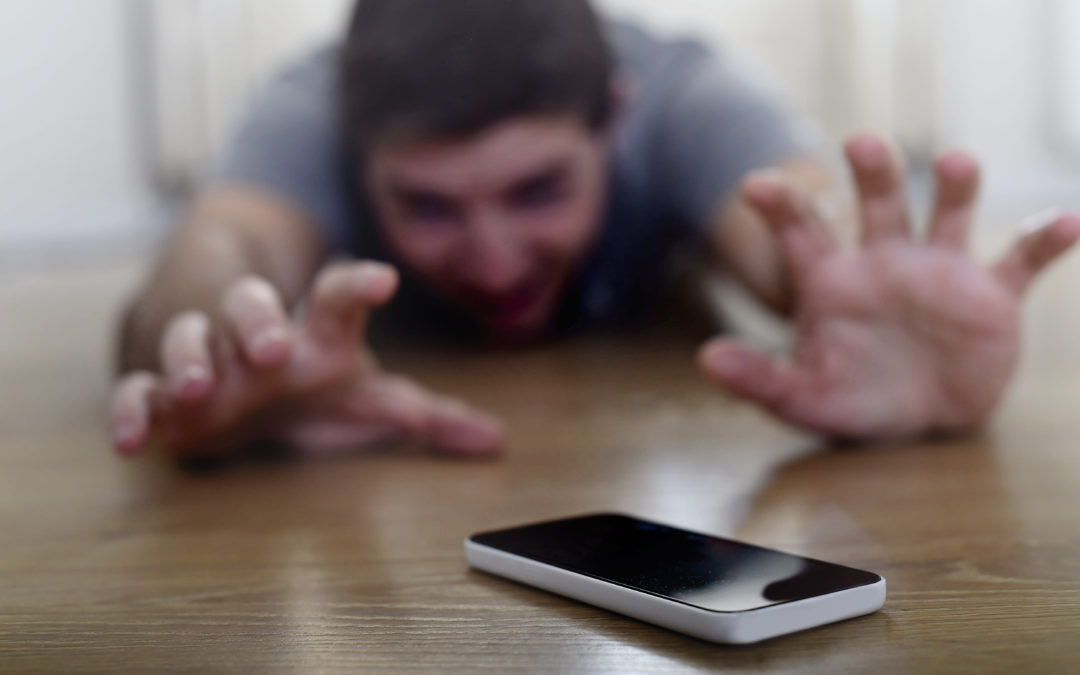Teens Struggling with Phone Addiction
Recent global-scale studies show that teenagers and young adults spend most of their time diving into social media, which is eventually going to damage their wellbeing.
According to BroadbandSearch, an average of 40% of the entire population spent a total of 153 minutes on average on social media in 2019. Based on data from Psycom Web, teenagers spend an astonishing nine hours a day on their phones.

What has caused this rise in phone usage? Technology has grown to such an extent that almost everyone is directly affected by it. Teenagers were born into an environment filled with technology, where their phones have become extremely valuable when it comes to managing their lives. In some cases, this reliance on their phones becomes an addiction that they cannot function without. “I used to be addicted to my phone. My grades dropped, my family was irritated by the sight of me using the cellphone, there was eventually a time where if my phone wasn’t with me I couldn’t go anywhere or do anything,” says an interviewed student at Taft. This is a terrible sight. Not only do teenagers spend multiple hours on their phones, but the usage of it can cause serious harm in both the short and long run. Based on a study conducted at the Radiological Society of North America, cell phone usage causes imbalances in brain chemistry, as well as a decrease in the cognitive capacity when the cellphone is placed within reach even if it is turned off. Also, social and emotional development is altered, and sleep patterns can be damaged.
While teens use their phones both for educational and recreational purposes, it can get to a point where it starts to ruin their ability to concentrate and harm their academic performance. More often than not, teenagers are found irritable and with little desire for learning caused by their phone interaction.
But how do we tell if a teenager is addicted to their phone? According to Psycom.net, one of the main signs of addiction begins with their incapability to spend time without their phones. Another sign might be their constant need to check on their phone, such as checking or sending messages, or increased anxiety when the phone is not around.

If you suffer from phone addiction, there are a variety of ways to deal with this. For example, you can start by delegating a specific time to put your phone away. You can also start small and eventually scale up to an hour or more. You can also restrict yourself from using your phone in certain areas. This way, you will ultimately build up the habit of living without your phone. Most importantly, the main thing you need to do to fight addiction is turning off all sound that might come out from your phone, and of course, place it out of your field of view. This way, you will eventually even forget the phone is there in the first place.
If the previous advice failed to work, please consider seeking professional help, there is a limit to how much you can do for yourself, getting someone that could help you overcome this problem can kickstart your recovery.













Adam B • Nov 6, 2019 at 10:42 am
I spend 3 and a half hours on my phone each day…
How do they get enough time to send 9 hours?
More importantly, how do *I* get that time?
Josephine Yario • Nov 6, 2019 at 10:36 am
This article was pretty interesting. I like that it was short too. Its nice that there was advice so people could treat their phone addictions.